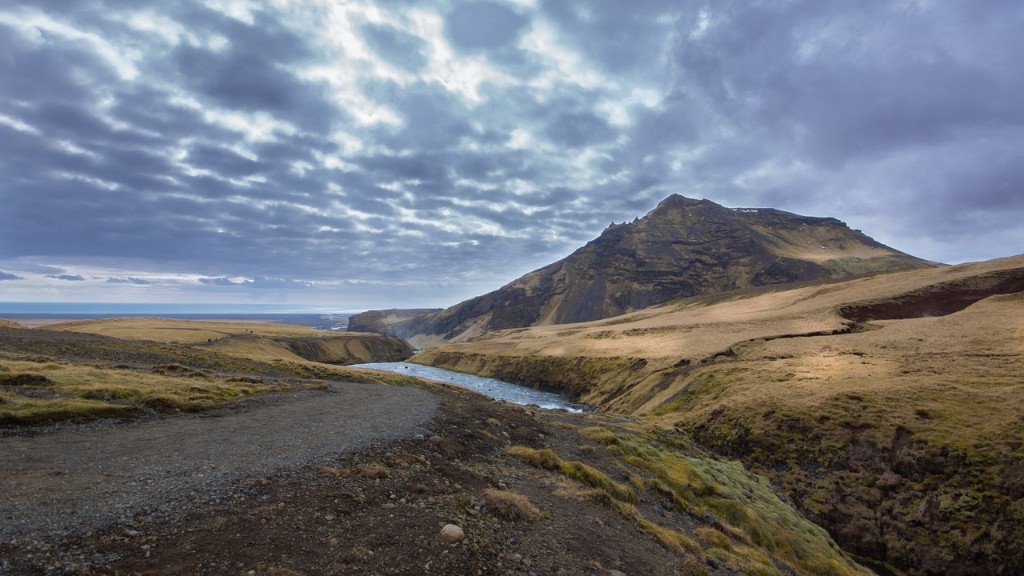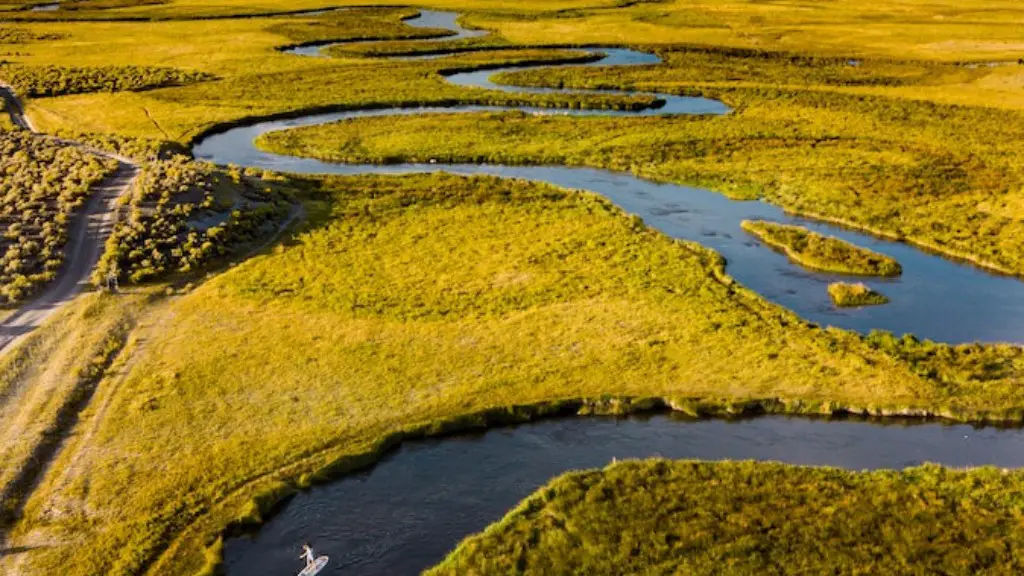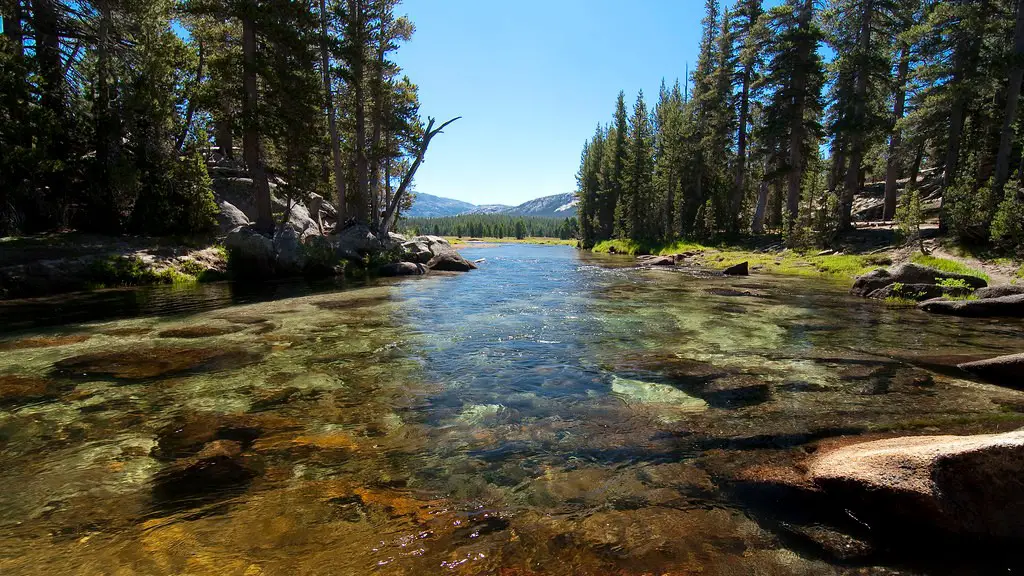Introduction
Are alligators in the Mississippi River? This article looks into the potential for American alligators to inhabit the nation’s second longest river. From its headwaters in Minnesota, the Mississippi River has been home to fish, waterfowl, and other wildlife since long before European settlement. But what of the alligator? Join us as we unearth the scientific evidence and see if these brutes can live in the muddy waters of the Mississippi.
Alligator Biology
The American alligator (Alligator mississippiensis) is the largest reptile in North America. They are purpose-built for an aquati8c existence. Their long, powerful tails propel them through the water and their webbed feet help them navigate wetlands. Their armour-plated hides protect them from potential predators and prey, and their sharp teeth are suited for both hunting and gathering. Adult American alligators inhabit the coastal wetlands from the Carolinas to part of Texas.
These prehistoric creatures play a vital role in their environment. Swamps, marshes, and estuaries all benefit from the presence of American alligators, who feed on fish, water fowl and snakes. They, in turn, are food for other predators and also help aerate their environment thanks to their digging activities.
The Mississippi River
The second longest river in the United States, the Mississippi is a source of water, food, and recreation for many people. It is teeming with wildlife and home to various fish species, amphibians and reptiles, and songbirds.
The majority of the Mississippi runs through10 US states and various cities can be found along its length, including St. Louis, Memphis, and Baton Rouge. Large portions of the Mississippi are affected by industrial activity and have navigating hazards due to water control structures and levees. Agriculture, too, is abundant in this part of the Americas.
Historical Presence
The historic evidence tells us that the American alligator has been present in the Mississippi for centuries. As we previously mentioned, the Mississippi is a large river, which does not lend itself to definitive statements about species presence. Nonetheless, alligators were reported as far upstream as Kentucky and Arkansas. We afer reaching this far, alligators could not go any farther, as the colder climate in the Midwest got too uncomfortable for them.
Though the activity of these large reptiles has been noted by many, they have not been seen in large numbers. The reasons for this are still up for debate, with many speculating that the colder water and the decreased availability of food sources can be contributing factors.
Presence Today
The US Fish & Wildlife Service (USFWS) is closely monitoring the presence of the American alligators along the Mississippi River. Data collected through monitoring and research show that there have been several sightings of these animals in the Mississippi and other major rivers in the US. Although their presence is not as strong as it has been historically, there are still isolated occurrences and cases of successful breeding.
These alligators prefer the warmer and more nutrient-rich waters of the Gulf Coast, but sightings have been reported in Louisiana, Oklahoma, and even in the Missouri River’s headwaters.
Conclusion
From the evidence, it is clear that the American alligator can and does inhabit the Mississippi River. Although it is not a widespread phenomenon, the American alligator can still be found in the northern tributaries of the Mississippi River, proving that these wildlife animals are capable of withstanding the colder temperatures and environmental disturbances associated with the river. That said, the best habitat for these creatures is still the warmer and more nutrient-rich waters of the Gulf Coast.


